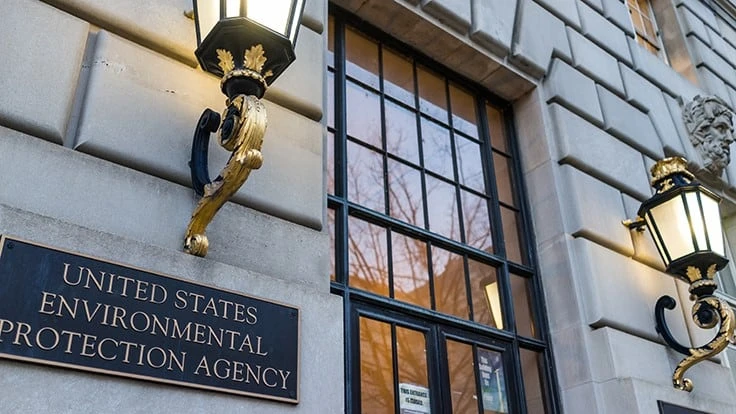
The U.S. Environmental Protection Agency (EPA) announced that the Center for EcoTechnology, RTI International and the Solid Waste Authority of Central Ohio (SWACO) have been awarded grants totaling $170,907 to support sustainable materials management (SMM) projects in Ohio. SMM is a systemic approach to use and reuse materials through a product's entire life cycle to reduce environmental impacts, conserve resources and reduce costs. These projects focus on the goals of either enhancing plastics recycling markets or preventing food waste and diverting it from landfills.
“EPA is pleased to support the work of the Center for EcoTechnology, RTI International and the Solid Waste Authority of Central Ohio as they work towards increasing the use of recycled materials and reducing food waste,” EPA Regional Administrator Kurt Thiede says. “These projects serve as examples that through local collaborations, we can improve resource conservation, create stronger and more resilient recycling systems, and spur economic growth.”
The Center for EcoTechnology, based in Springfield, Massachusetts, will receive $58,964 to implement food waste prevention and diversion measures in large institutional kitchens in Southwest Ohio. This will be accomplished by performing a SWOT (strengths, weaknesses, opportunities, threats) analysis of the regional waste food marketplace, performing training workshops and by facilitating partnerships between commercial generators of food waste, haulers and service providers.
“We are very excited to partner with EPA Region 5 and the solid waste management districts of Hamilton, Butler, Montgomery, Warren and Adams-Clermont Counties to address wasted food,” John Majercak, president of the Center for EcoTechnology, says. "Using our proven techniques, we look forward to assisting food waste generators across the region with implementing prevention and diversion strategies, and achieving the social, environmental and economic benefits of sustainable materials management. We hope this is the start of a long-term engagement with the region.”
RTI International, based in Research Triangle Park, North Carolina, will receive $51,943 to work with stakeholders in Southeast Ohio to lay the groundwork for increasing collaboration and support within the plastics recycling industry. The project will accomplish this by engaging relevant stakeholders; collecting data and information; creating a stakeholder map; assessing the technical, economic and environmental potential of the industries; and by augmenting the stakeholder conversations with additional research.
“We believe the creation of a plastics industry cluster will help to tackle complex systemic challenges of plastics recovery with its diverse sets of stakeholders and unique end market challenges,” Keith Weitz, principal investigator of the project, says. “The project will harness RTI’s proven innovation ecosystem methodology, which has proven success with challenges of a similar nature. The organizations that make up and support the industry cluster will come together to cultivate ideas so they can grow into programs, enterprises and industries to create positive societal and economic impacts.”
SWACO, based in Grove City, Ohio, will receive $60,000 to leverage ongoing regional efforts of the Central Ohio Food Waste Initiative to implement and evaluate the effectiveness of the initiative’s newly developed Save More Than Food food waste awareness and prevention education campaign. The project will measure the baseline of food waste behaviors and outcomes in a Central Ohio community, and subsequently, will explore how the campaign changes behaviors to reduce food waste.
“The Columbus region continues to be recognized as a leader in sustainability in both the Midwest and Ohio, and this grant is a testament to the work of so many tireless advocates who are part of the Central Ohio Food Waste Initiative,” SWACO Executive Director Ty Marsh says. “The U.S. Environmental Protection Agency’s support of the initiative and the Save More Than Food campaign will help the Columbus region be a step closer to our goal to cut food waste in half by 2030.”
Latest from Waste Today
- Commentary: The rise of scam listings on waste and recycling platforms calls for vigilance
- New Hampshire lawmakers introduce leachate management bill
- Heritage Environmental Services appoints chief commercial officer
- Ripple Glass launches commercial glass collection program in Atlanta
- Veolia, MassBio partner with GreenLabs Recycling for medical waste plastics recycling
- NWRA, SWANA issue joint response to Bureau of Labor Statistics fatality data
- Former WM executive joins Amp board
- Heritage Environmental Services invests in hazardous waste shredder





